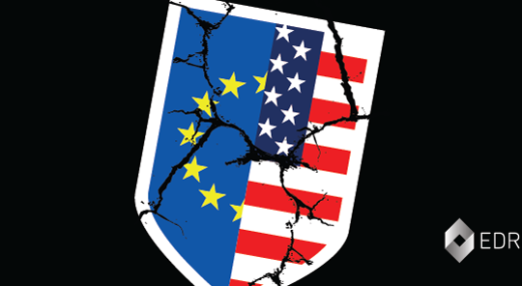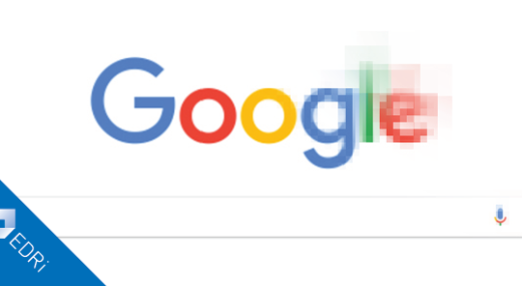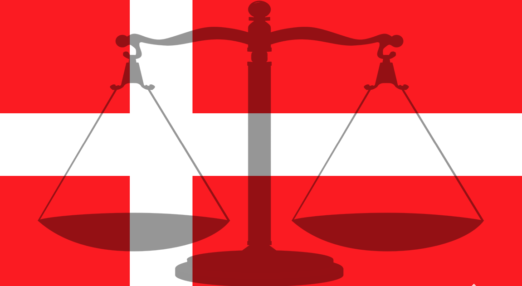CJEU
Filter by...
-

EDPB confirms: Privacy Shield is still a shame
On 22 January 2019, the European Data Protection Board (EDPB) adopted a Report on the Second Annual Review of the EU-US Privacy Shield. The Privacy Shield is a framework arrangement between the United States and the European Union to enable the transmission of personal data from the territory of the EU to the US. It […]
Read more
-

Advocate General issues two Opinions on “right to be forgotten”
On 10 January 2019, the Advocate General (AG) Maciej Szpunar delivered two Opinions to the Court of Justice of the European Union (CJEU) that could have far-reaching implications for the “right to be forgotten”, which aims at enabling individuals to lead an autonomous life without stigmatisation from their past actions.
Read more
-

EU Member States willing to retain illegal data retention
With its judgments in April 2014 (Digital Rights Ireland ) and December 2016 (Tele2 ), the Court of Justice of the European Union (CJEU) ruled that blanket data retention was illegal under EU law. Rather than repealing their illegal data retention laws, EU Member States have instead adopted a tactic of ignoring the highest court […]
Read more
-

Denmark prepares for passenger data exchange with the EU
In 2016, the European Union adopted the Passenger Name Record (PNR) Directive which obliges Member States to collect PNR data on all flights to third countries and exchange this information with other Member States through the Passenger Information Units (PIUs).
Read more
-

EU Council’s general approach on “e-evidence”: From bad to worse
On 7 December 2018, the Justice and Home Affairs Council (JHA) adopted its general approach – a political agreement before entering into negotiations with the European Parliament – on the proposal for a Regulation on European Production and Preservation Orders in criminal matters. The initial proposals of the European Commission already raised concerns in terms […]
Read more
-

Closed-doors discussions to filter the internet continue
On 12 September 2018, the European Parliament (EP) adopted the worst imaginable amendments to the copyright Directive proposal.
Read more
-

CJEU introduces new criteria for law enforcement to access data
On 2 October 2018, the Court of Justice of the European Union (CJEU) delivered a new ruling in the “Ministerio Fiscal” case on access to data retained by electronic communications service providers under the scope the ePrivacy Directive.
Read more
-

What’s next for Europe’s internet censorship plan?
Existing copyright filters (like YouTube's ContentID system) are set up to block people who attract too many copyright complaints, but what about people who make false copyright claims? The platforms must be allowed to terminate access to the copyright filter system for those who repeatedly make false or inaccurate claims about which copyright works are theirs.
Read more
-

Danish High Court ruling on data retention use and file sharing cases
On 7 May 2018, the Eastern High Court in Denmark delivered a ruling that internet service providers (ISPs) are not required to disclose subscriber information in file sharing cases.
Read more
-

Litigation against the Danish government over data retention
Despite two rulings from the Court of Justice of the European Union (CJEU) in 2014 and 2016 against general and undifferentiated (blanket) data retention, a majority of EU Member States still have national data retention laws in place. Denmark is one these Member States.
Read more
-

EU Member States fight to retain data retention in place despite CJEU rulings
EU Member States are still working to adopt their position on the ePrivacy Regulation proposed by the European Commission in January 2017. A number of draft compromise texts have been published by the Council Presidency before discussions in the Working Party on Telecommunications and Information Society (WP TELE).
Read more
-

DPAs require urgent action on air passenger surveillance
The Working Party 29 (WP29) is an advisory body composed of representatives from the data protection authority of each EU Member State, the European Data Protection Supervisor (EDPS) and the European Commission.
Read more
